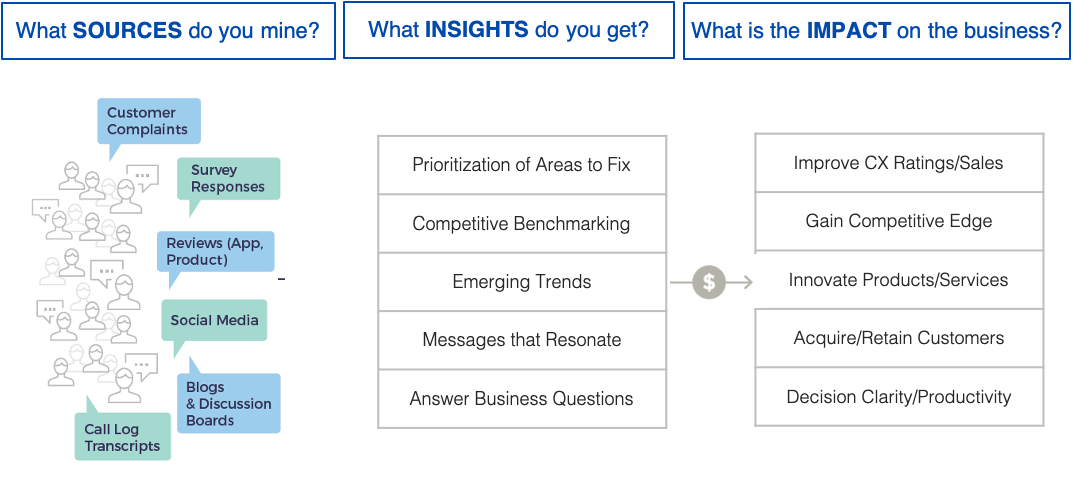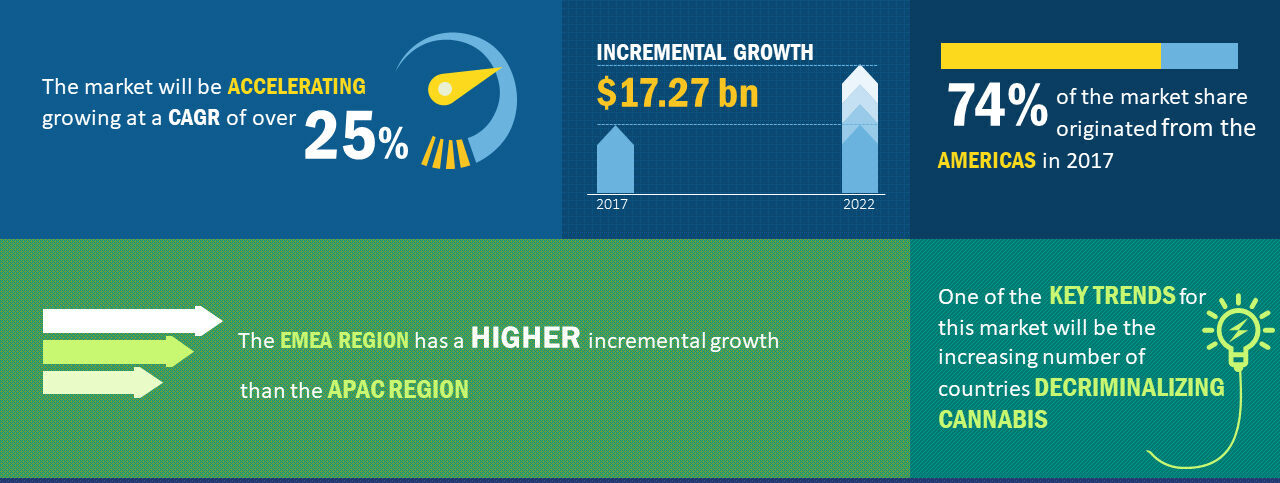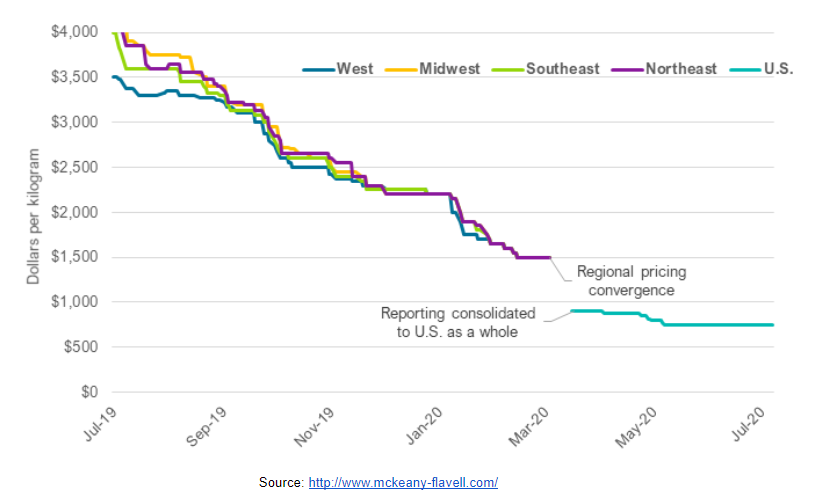Cannabidiol (CBD) is a compound extracted from the cannabis plant such as Hemp and Marijuana that possesses both therapeutic and medicinal properties. In recent years, the interest in CBD has significantly grown across the globe. This upsurge in the public interest has led to the emergence of many brands, and online communities focusing on adopting CBD products. In fact, the global CBD market is projected to reach USD 15.3 Billion by 2025 with a CAGR of 22.2% between 2019-2025. With 2020 coming to an end, when we look back at such a tumultuous year, we can identify five top trends observed in the CBD industry.
Key CBD Benefits
CBD is considered as a wonder drug with varied and extensive medical benefits. From pain management and helping with psychological disorders to treating severe diseases like Cancer and Cardiovascular Diseases, CBD is currently used in treating various medical issues. The following are some of the proven uses of CBD.
Psychological Benefits:
CBD helps to relieve psychological disorders such as Anxiety, Depression, Obsessive-Compulsive Disorder (OCD), Post-Traumatic Stress Disorder, and Insomnia.
Physiological Benefits:
CBD is beneficial in treating Seizures, Nausea, and Cardiovascular disorders. It also assists in Pain Relief, Reducing Inflammation, Lowering the Risk of Diabetes, Fighting Cancer, and combating Neurodegenerative Disorders.
Trend Analysis Methodology
We leveraged our proprietary Social Listening tool for this Trend Analysis. This tool automatically collects customer conversations from various online sources such as social media, blogs, e-commerce sites, and discussion forums, thus reducing the margin of error due to the larger sample size that helps in less biased and accurate insights. The mined unstructured textual data gets further processed by text mining and natural language processing (NLP) algorithms in performing multi-dimensional sentiment analysis to provide the below-emerging trends in the CBD market.

Emerging CBD Trends
CBD Edibles
Although the most common forms of CBD include oils, tinctures, capsules, and topicals such as balms and creams, CBD beverages and edibles have gained a lot of popularity in recent times. With increasing demand and popularity, CBD is now infused in a variety of food products such as gummies, protein bars, beverages, candies, and dried fruits to make it tasty, discrete, easy to consume, and attractive for the increasing customer base. As CBD edibles are broken down slowly in the digestive system, the CBD is released gradually over a more extended period thus, extending the effects for the consumer.

Source: https://mms.businesswire.com/
Legal Relaxations
At the tail end of 2018, The Farm Bill passed by the US Government legalized the production of Hemp, and it had a limited implication on the CBD industry due to fuzzy federal and state laws, which contributed to substantial growth in CBD production and consumption in the US. Also recently in Dec 2020, based on a series of World Health Organization (WHO) recommendations on cannabis and its derivatives, The United Nations Commission on Narcotic Drugs (CND) removed cannabis from its ‘most dangerous drug’ category recognizing the medicinal and therapeutic potential of the drug. Over the years cannabis products have found wide acceptance in countries such as the US, Canada, Spain, Germany, Uruguay, Australia, Columbia, Chile, and Israel. Many more countries anticipate the legalization of cannabis across various domains.
Continued Price Drop
Increased production due to the legalization of hemp has enabled a steady supply to meet market demands. This surge in availability of hemp, the raw material of the CBD, has led to a price crash in May 2019. Since then, the price of CBD has continued to decrease. As tracked by The Jacobsen, a price reporting agency, the average selling price of CBD isolate was at $4,000 per kg in July 2019 to ~$750 in July 202 – a drop of roughly $3,000 per kg in the last two years.

Expanding Research Areas
Research continues across the globe to uncover the potential uses of CBD, particularly in the areas of effectiveness to treat physiological or neurological conditions. The presence of a nonaddictive component that interacts with our body’s serotonin receptor has captivated the interest of researchers in studying it as an effective treatment for pain relief. The trend of exploring CBD as a potential cure for cancer due to its anti-inflammatory and antitumorigenic properties also continues. The antipsychotic property of CBD is also actively explored in treating mental conditions such as social anxiety and depression.
Certificate of Analysis
With a lack of specific industry regulations and standards surrounding CBD products, it is challenging for customers to know the precise composition of each product in the market. A Certificate of Analysis (COA) could help customers overcome this challenge. A COA is a document that’s issued by an accredited laboratory that certifies the complete composition of a product accurately. Lately, CBD brands have begun offering COA to their products as a common practice to win the trust of their customers. For CBD products, a COA is stipulated to include a comprehensive list of cannabinoids, terpenes, microbiological levels, and likely contaminants such as pesticides, solvent residue, or heavy metals.
While in hindsight understanding and adapting to trends will help brands stay competitive. The key to garner exponential growth can happen through predicting future trends in the least possible time. SetuServ’s VoCIS platform enables this through data-driven analysis at scale.
SetuServ’s VoCIS platform provides emerging trends, customer insights, and market intelligence for the CBD and cannabis industry. It leverages AI technologies such as social listening, text mining, and sentiment analysis to provide accurate insights automatically.
